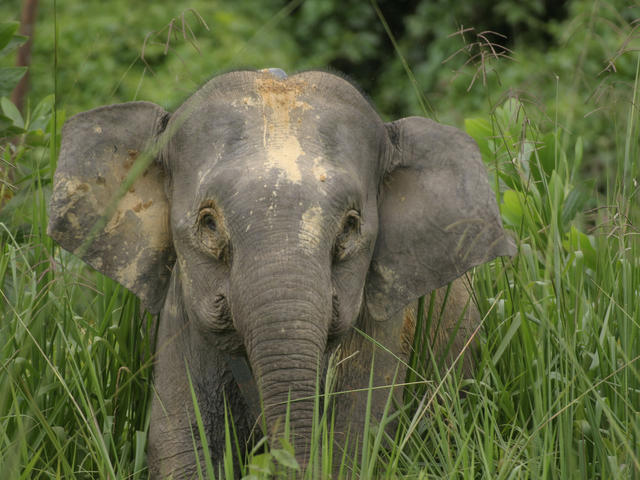
|
and the Fate of Malaysia's Rainforests and Wildlife
Industrial scale logging for export and palm oil plantations are ravaging Malaysia's endangered rainforests at the behest of corporations like Cargill, a company heavily invested in the Malaysian palm oil industry and one of the most aggressive supporter of . Critically endangered species like the orangutan face extinction as their habitat disappears. Already under pressure from poaching, Malayan tigers also face the loss of habitat and death by shooting when starving tigers enter villages after their habitats are destroyed. Borneo pygmy elephants are being killed with rat poison to prevent them from eating palm fruit on plantation lands that were once their rainforest homes. Like tigers, they are also being killed in conflicts with humans as they are displaced from their habitat. Currently, Malaysia and the United States are two of 12 nations participating in negotiations to create a Trans-Pacific Partnership (TPP) massive 12-nation free trade agreement. Malaysia is pushing for the elimination of import tariffs on palm oil by TPP member nations, which would have the effect of reducing the cost of palm oil in TPP nations, giving businesses an increased incentive to use palm oil in foods and biodiesel gasoline. TPP's restrictions on state and federal procurement rules will undermine efforts to enact policies requiring sustainable sourcing restrictions on all government purchases of palm oil or of products containing palm oil. This will not only undermine governments' ability to use their purchasing power to pressure palm oil producers to commit to sustainable production. TPP's procurement rules can also be used to attack “good wood” bills – legislation enacted to require governments to only purchase sustainably sourced wood products. While US TPP negotiators have pushed for strong environmental provisions in TPP, they've agreed to compromises that render TPP's environmental chapter toothless. A draft of the TPP negotiating text leaked in January reveals that TPP falls short of even the inadequate environmental provisions of trade agreements negotiated by the Bush-administration. And despite advocating a strong environmental chapter, US negotiators are pushing for the most environmentally destructive chapter of TPP of all – an investment chapter that gives corporations like Cargill the power to sue governments in international tribunals outside the jurisdiction of their national court systems where they can demand monetary compensation when a nation's environmental laws interfere with their ability to generate profits. Outrageously, corporations can demand compensation not only for the money they've already invested in an environmentally destructive project but for all the profits they claim they might have made on the project.
|
 |
Global Justice for Animals and the Environment is a project of: Wetlands Activism Collective Phone: (718) 218-4523 Fax: (501) 633-34761 activism @ wetlands-preserve.org |
